Hong Kongers losing their voice as district councillors quit?
Over 200 pan-Democrat district councillors might be removed from office as Beijing tightens its rule over Hong Kong. Tai Hing Shing notes that the complexion of Hong Kong's district councils has changed drastically after the last two years of political upheavals. Are the district councils fast losing their purpose as a loudhailer for ground sentiment, and would this lead to the Hong Kong government and the people being further estranged?
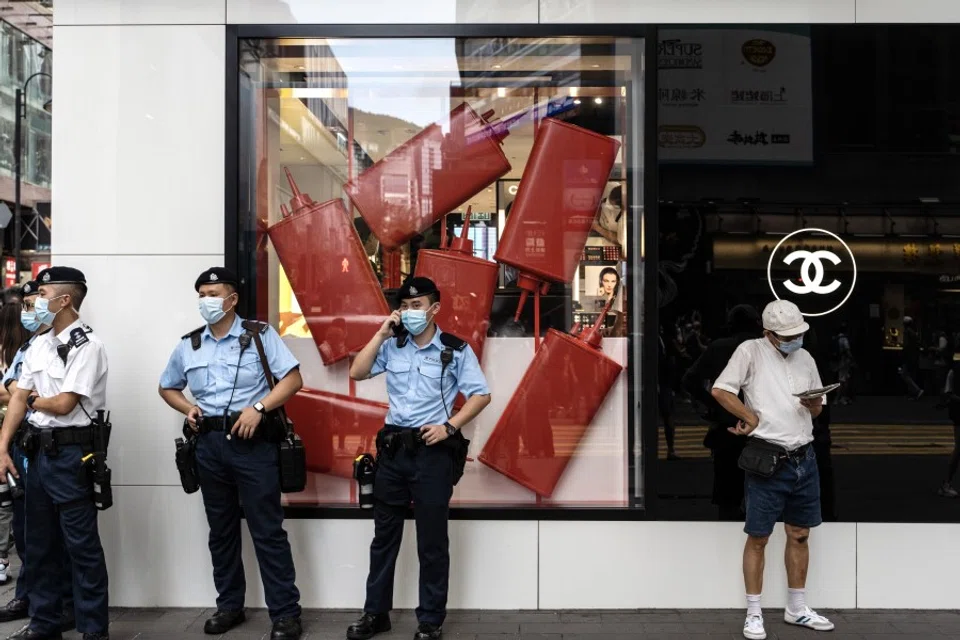
In line with the ruling passed to ensure that Hong Kong is run by patriots, the Hong Kong government has arranged for all 452 district councillors to take an oath. However, early this month, the authorities suddenly revealed that over 200 pan-Democratic members might not be eligible - apart from being disqualified, they would have to return over HK$1 million in salary. This sparked a wave of resignations by district councillors.
In the past week alone, about 180 pan-Democrat members have resigned. Along with those who previously resigned, went to jail, or left Hong Kong, there are at most 190 pro-democracy district councillors left. Previously, the pro-democracy camp held a majority in 17 district councils, but with the current resignations, they have lost control over at least five district councils.
Since Hong Kong's district councils were set up in 1982, they have gone through the British administration and the Special Administrative Region (SAR) government. During the British administration and the early period of the return to China in 1997, Hong Kong's district councils were just local consultative agencies, with no powers to pass resolutions or perform checks as parliaments in representative democracies do. They were often seen as political "vases", and were not given much notice by major political groups.
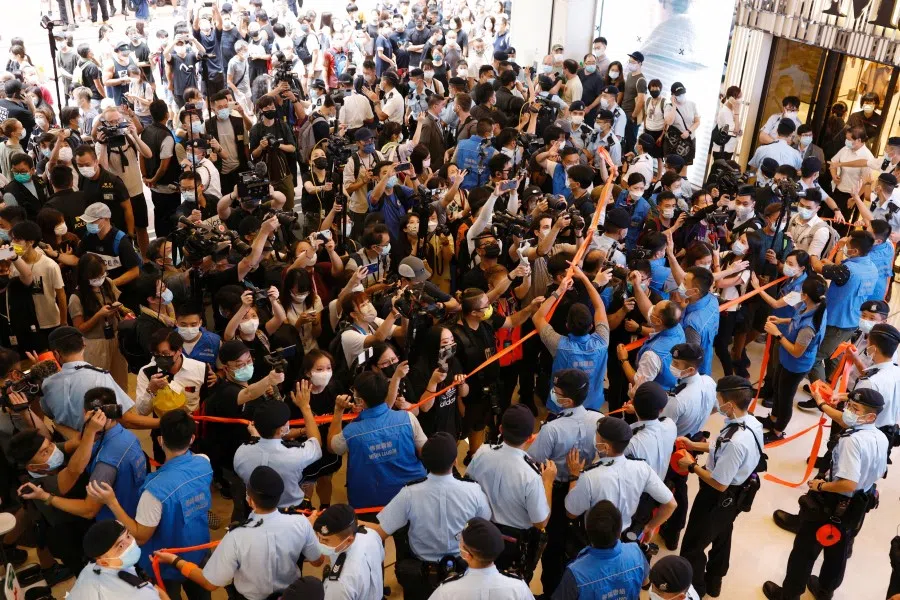
That is, until 2003, when 500,000 Hong Kongers demonstrated on the streets against national security reforms. After that, Hong Kongers became much more politically aware, and the district councils started to get more attention from political groups. Subsequently, Hong Kong's democratisation moved rapidly, and the district councils gained in authority, especially with the addition of five "super district" seats in the 2012 Legislative Council (LegCo) elections, after which the district councils became one of the main arenas of competition between the various political camps.
Pan-democrat control of district councils short-lived
Over the past 20 years, Hong Kong's various political parties have actively served local communities, hoping to win the most district council seats. The pro-establishment camp has put in a lot of effort, time and resources into managing the community network, and has won the majority of seats in many of the past district council elections.
However, the anti-extradition protests two years ago changed the makeup of district councils in an instant. Many Hong Kongers were unhappy with the SAR government, and "punished" the pro-establishment camp with their votes in the district council elections at the end of 2019, so that the pro-democracy camp won a record 85% of elected seats and controlled 17 district councils, soundly defeating the pro-government camp with its "solid local groundwork".
After the pan-democrats gained control of multiple district councils in that election, they happily made district councils - originally meant for discussing community affairs - a platform to air their political views. Over the past year, apart from declaring their anti-government stand, they have used district council resources to organise and initiate street movements, reducing the longtime role of district councils in focusing on community affairs.
For instance, last year many local district councils took turns speaking up for resistance figures during meetings, loudly advocating and passing various resolutions against the government, China, and the police. There were even incidents of government officials being detained in some district councils.
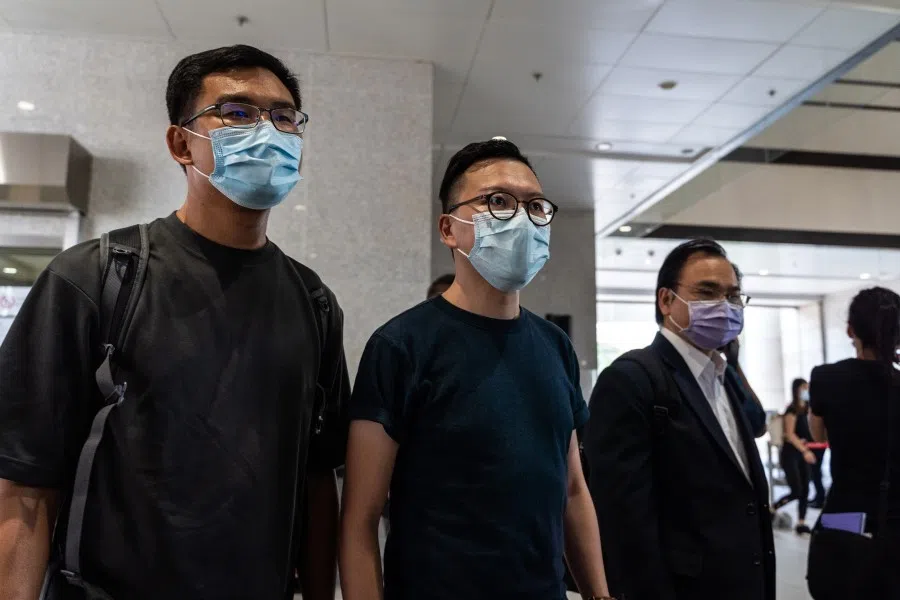
Seeing that Hong Kong's political situation was going out of control, in June last year the central government implemented the Hong Kong national security law, and early this year proposed that Hong Kong should be run by patriots, calling for absolute loyalty from Hong Kong officials as well as LegCo and district council members. This month, the Hong Kong government will forcibly disqualify a large number of pan-democracy district council members, just to show once again Beijing's resolution in tightening up its governance of Hong Kong.
A by-election for about 200 seats at the same time would be as good as a national election to make political demands of the government, and there is an extremely high chance that the pro-establishment camp would lose heavily again.
'Loudhailer' lost
But one thing to note is the function of Hong Kong's district councils as a "loudhailer". With the resignation of over 100 district councillors and many seats left vacant, there will be disruptions for community services in various districts, with no representatives to speak up to the government about bread and butter issues.
Take the Wong Tai Sin District for example. Two years ago, all of its district council seats were won by the non-establishment camp, so that it became a fully "yellow" or pro-democracy district council. Some 84% of Wong Tai Sin's district councillors have left amid the recent resignations, leaving only four members, and making it the district council with the highest number of empty seats. If residents have any questions about local issues, they would not know who to approach.
The previous practice was that if a district council seat opened up, the authorities would hold a by-election. But now, Hong Kong is filled with negative sentiments against the government. A by-election for about 200 seats at the same time would be as good as a national election to make political demands of the government, and there is an extremely high chance that the pro-establishment camp would lose heavily again. The authorities obviously would not hold district council by-elections in the current circumstances. In other words, many of Hong Kong's district council seats will remain vacant in the short term.
...district councils go back a long way and have been a channel to convey ground sentiment to leaders to help them better grasp information and opinions circulating at the grassroots level.
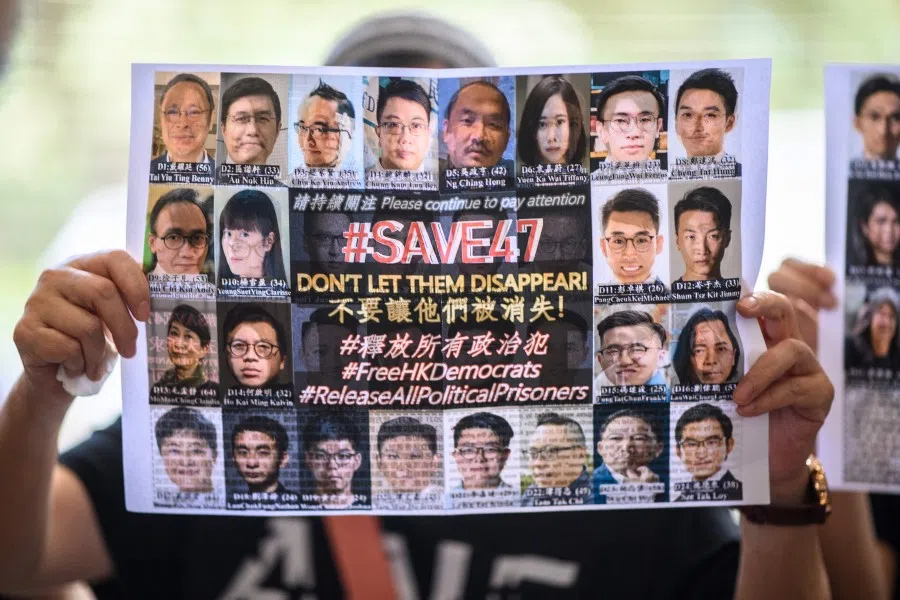
For years, the Hong Kong district councils have been formed through elections, which is the best reflection of ground sentiment. It goes without saying that in the post-district council era, district councils will slowly lose their function as a loudhailer. As the Hong Kong government comes to disregard district councils, it will result in a widening rift between the authorities and the people. And when the people's demands are constantly ignored by the government, they will generally become angrier and more hostile, which will not help future governance.
Of course, from Beijing's perspective, many pro-establishment district cadres have continued to serve the community after the 2019 district council elections, and people can approach them or the government's area committees for help. But in any case, district councils go back a long way and have been a channel to convey ground sentiment to leaders to help them better grasp information and opinions circulating at the grassroots level. The authorities suddenly changing the system may not work in the short term.
As the Conservative statesman Edmund Burke said, "It is with infinite caution that any man ought to venture upon pulling down an edifice which has answered in any tolerable degree for ages the common purposes of society, or on building it up again without having models and patterns of approved utility before his eyes." The Hong Kong government should take the same approach to district councils.
Related: Overhaul of Hong Kong's electoral system: Is it still 'one country, two systems'? | When will the CCP stop being an 'underground party' in Hong Kong? | Will it be 'one country, one system' for Hong Kong? | Hong Kong must be governed by 'patriots'. So who are the 'patriots'? | Beijing's message behind the closure of Hong Kong's Apple Daily | When 'new Hong Kongers' run the show, where do the old ones go?
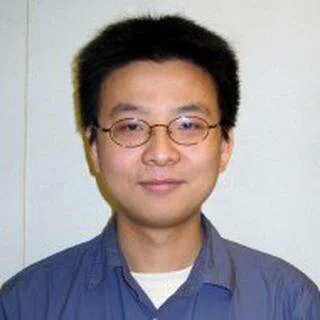

![[Big read] When the Arctic opens, what happens to Singapore?](https://cassette.sphdigital.com.sg/image/thinkchina/da65edebca34645c711c55e83e9877109b3c53847ebb1305573974651df1d13a)


![[Video] George Yeo: America’s deep pain — and why China won’t colonise](https://cassette.sphdigital.com.sg/image/thinkchina/15083e45d96c12390bdea6af2daf19fd9fcd875aa44a0f92796f34e3dad561cc)